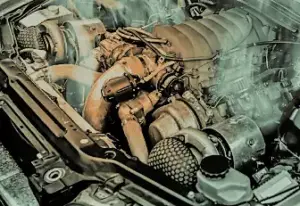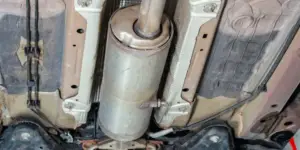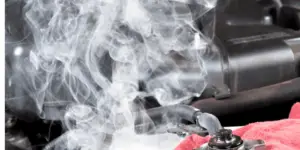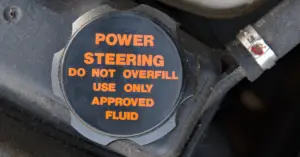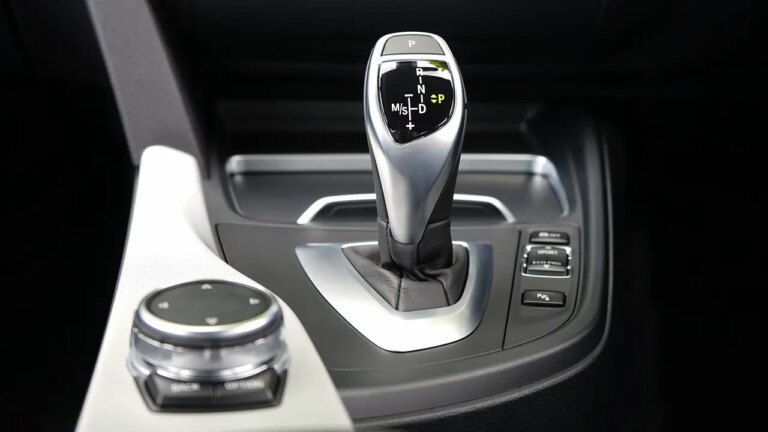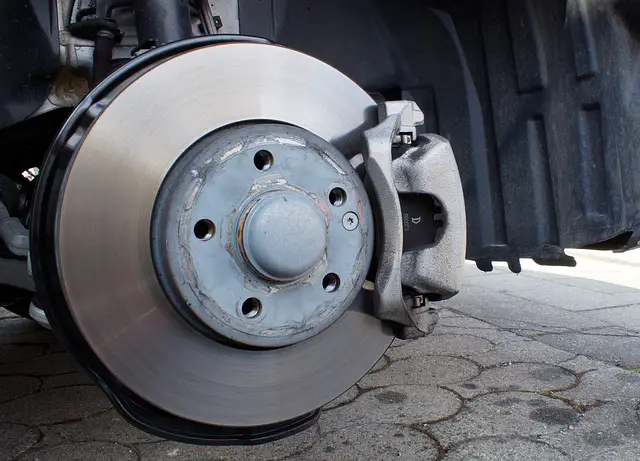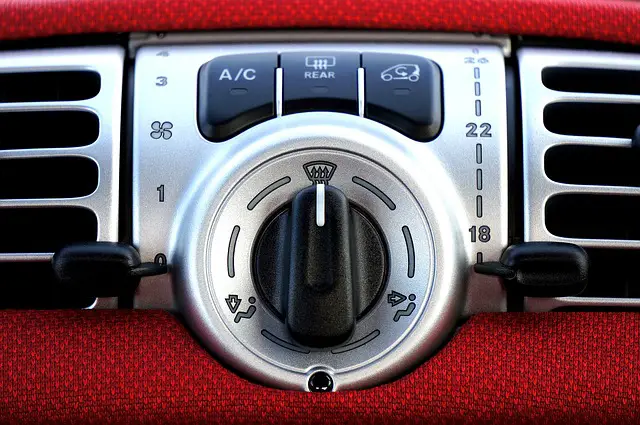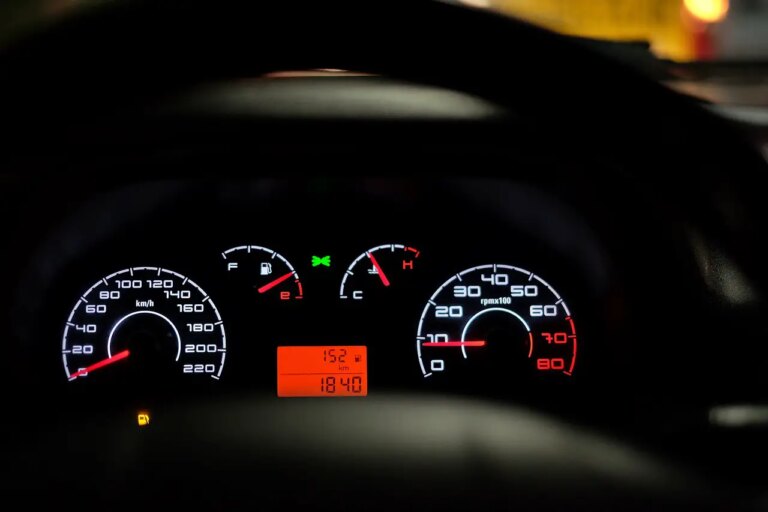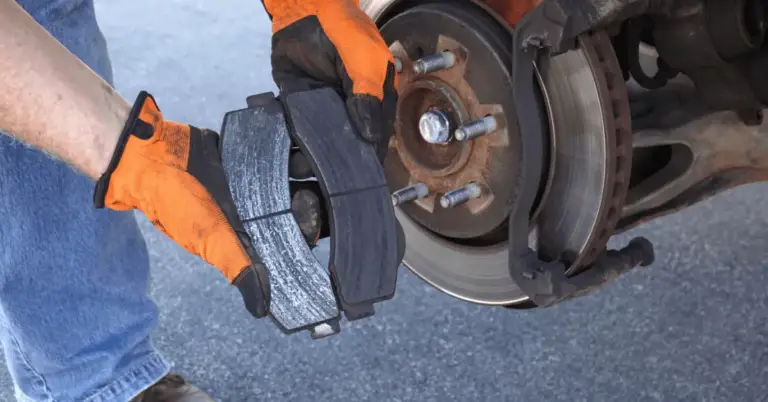Coolant is a very important fluid that circulates in your engine. The engine produces a lot of heat, and the coolant absorbs that heat and takes it away from the engine to have it cool down.
Modern car engines have a feature that won’t let the car start if there isn’t enough coolant or if the car is overheating. This happens when the coolant temperature is too high, or the coolant level is too low. Older cars don’t have this engine safety feature, so if the car gets too hot, it might not start for several reasons, like a bad head gasket or a broken water pump.
Normally you can add coolant so that the coolant level is up to the mark and crank the car to see if it starts.
There are numerous other reasons why the car won’t start, which can be caused by low coolant.
4 Reasons Low Coolant Can Stop Your Car Starting
Crank Failure
Lack of coolant may cause several parts of the engine to be damaged, and crank failure is one of them. The crankshaft is the main rod to which all the pistons are connected.
The crank is what drives the camshaft, which controls the valves. It needs good engine oil and quality coolant to work smoothly and properly. When the engine oil gets low, it can reach high temperatures and starts burning. It also offers less protection.
To keep the temperature of the oil from getting too high, the coolant takes away heat from the oil and the pan. Low coolant can cause a car to shake, resulting in inefficient cooling, heating the oil, and causing the crankshaft to become seized or jammed.
To know for sure if the crank is affected, you will hear a certain knock or a rattling like two pieces of metal banging against each other.
Repairs
Crankshafts can not be repaired, let alone by an unprofessional. The engine will require a complete overhaul to ensure everything is up and running properly.
Pistons And Cylinder Head
An engine has many parts, such as piston rings, connecting rods, weights, bearings, and pins. They require proper lubrication and an optimum temperature to run properly and efficiently. The oil is responsible for maintaining the temperature and the lubrication.
Low coolant affects the temperature and lubrication and may cause the parts to become warped, bent, or damaged.
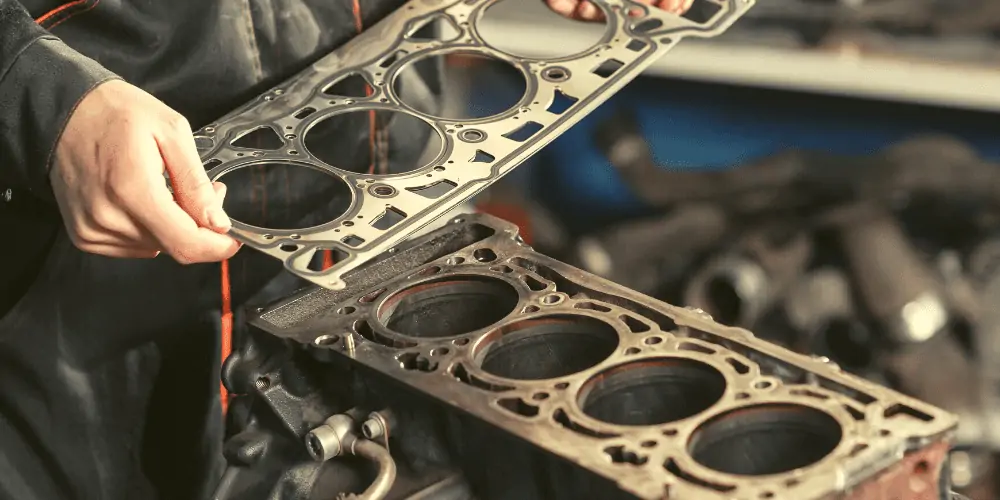
The cylinder head consists of camshafts over the intake and exhaust valves with rockers, valve lifers, or tappets operating them driven by the crankshaft. It also houses spark plugs and has a gasket isolating the flow of oil and coolant within the engine.
Car engine overheating can cause a bad head gasket, but driving too long can cause the failure of the parts of the cylinder head and the pistons.
To know for sure if there is something wrong with the cylinders and the head, you can check the exhaust fumes of the car. If the exhaust fumes have any color, there is something wrong with the pistons or the cylinder head.
Repairs
Repairs would require an engine overhaul by a professional car shop. The inspection requires the checking of individual parts, and only a professional can check in line with the car manufacturer’s specifications.
Water Pump
Coolant temperature is important for all the parts that it passes through. If the coolant temperature is too high, the water pump’s gaskets and rubber parts may become worn or damaged.
This may cause poor or no coolant circulation, resulting in the car overheating.
Low coolant and coolant leaks may also cause this rise in coolant temperature. This may cause a broken water pump and car overheating.
Engine coolant temperature sensors display the temperature of the coolant, and a broken water pump also gives a check engine light .
Repairs
Repairs are usually really labor intensive, and it’s better to have them replaced with a new one. The replacement will cost around $500.
Modern Car Low Coolant Starting Issues
Newer cars include a feature where low coolant level, high coolant temperature, and car engine overheating may cause the car starter motor to become inactive or shut down the car as a safety feature. A set of sensors and gauges controls this feature.
There is an ambient air temperature sensor, temperature gauge, engine coolant temperature sensor, coolant temperature gauge, coolant light, check engine light, and oil temperature sensor.
A check engine light being on may affect the engine coolant temperature sensor and keep the car from starting.
There is a good chance your car needs coolant service because a choked radiator or dirty coolant clogging the head gasket could also cause a coolant light or check engine light.
A check engine light error may cause the car to not start up due to a low coolant level.
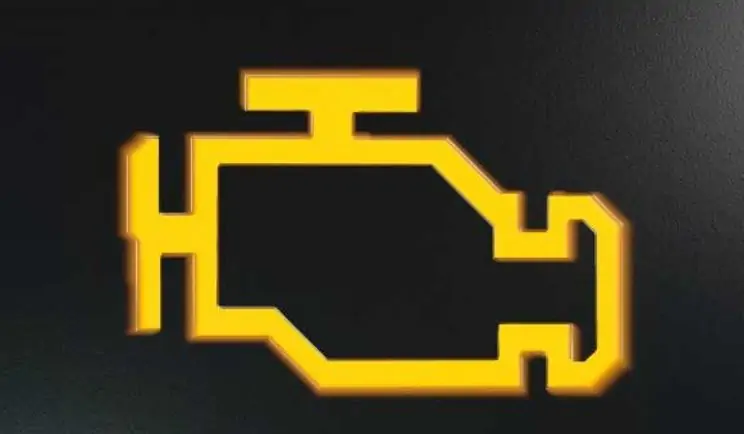
To know for sure if it’s a malfunction, insert a diagnostic tool into the OBD port of the ECU and do a code check on the engine light. The code-checked engine light will reveal the problematic sensor. You can also check the coolant level in the coolant reservoir.
Repairs
Add coolant to check if the engine light or coolant light goes away and the car starts up. The coolant would cost around $30. If there is a faulty sensor, a replacement would cost around $50.
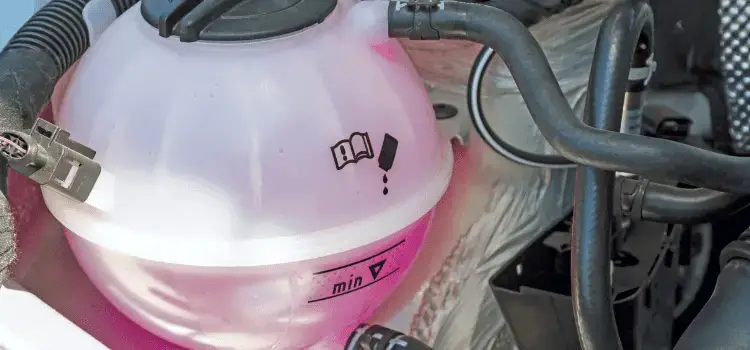
Conclusion
Low coolant does not directly keep a car from starting, but there are things the coolant affects which may keep the car from starting. Low coolant or a coolant leak can cause the car engine to overheat and damage several engine parts that may keep the car from starting.
Always keep an eye on your car’s temperature gauge and coolant level. It is better to get coolant service with every oil change. If you have low coolant, it is better to inspect your car for any coolant leaks, a bad head gasket, or other underlying problems.
Low coolant usually reflects on the engine’s condition or the car’s cooling system. A malfunctioning car heater core or burning smell can also indicate car overheating in old cars with a malfunctioning temperature gauge or not having the new sensors and features looking out for the engine.
Coolant is an essential part of the maintenance regime, so always keep an eye out for irregularities or whenever there is car overheating.
There are certain scenarios like broken or bad water pumps, which may cause the car to heat up as soon as it runs for a few minutes. Regardless of the problem, whenever a car engine overheats or coolant leaks, don’t drive for too long and check the car as soon as possible.
Driving for too long may cause the engine to get damaged beyond repair or a very pricey repair, for the least.


